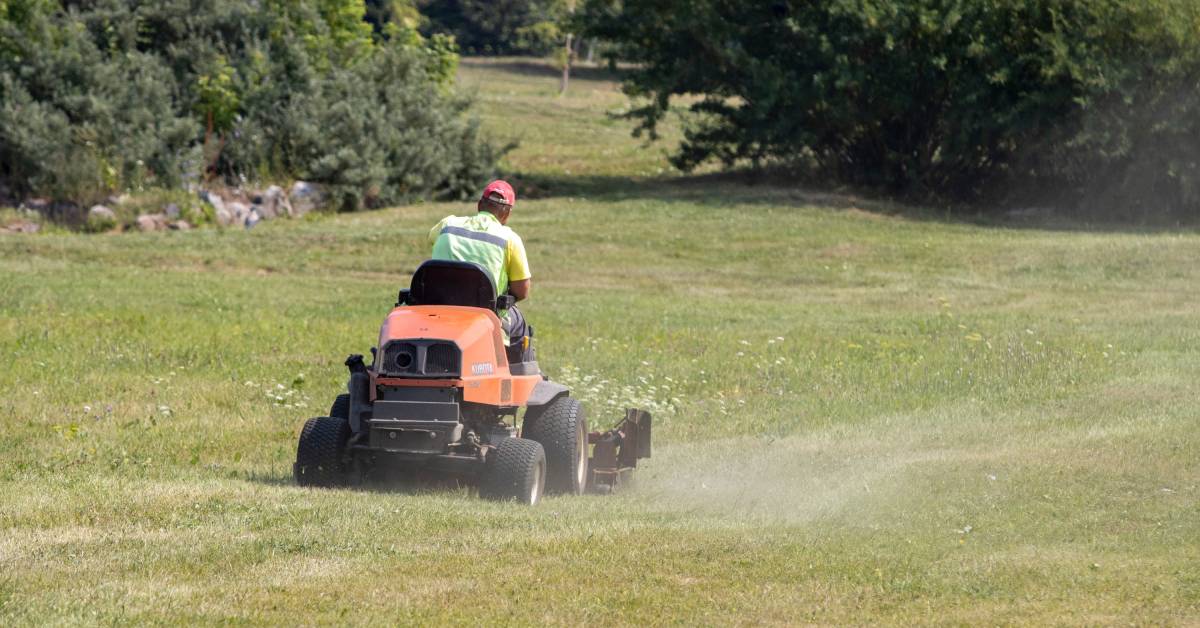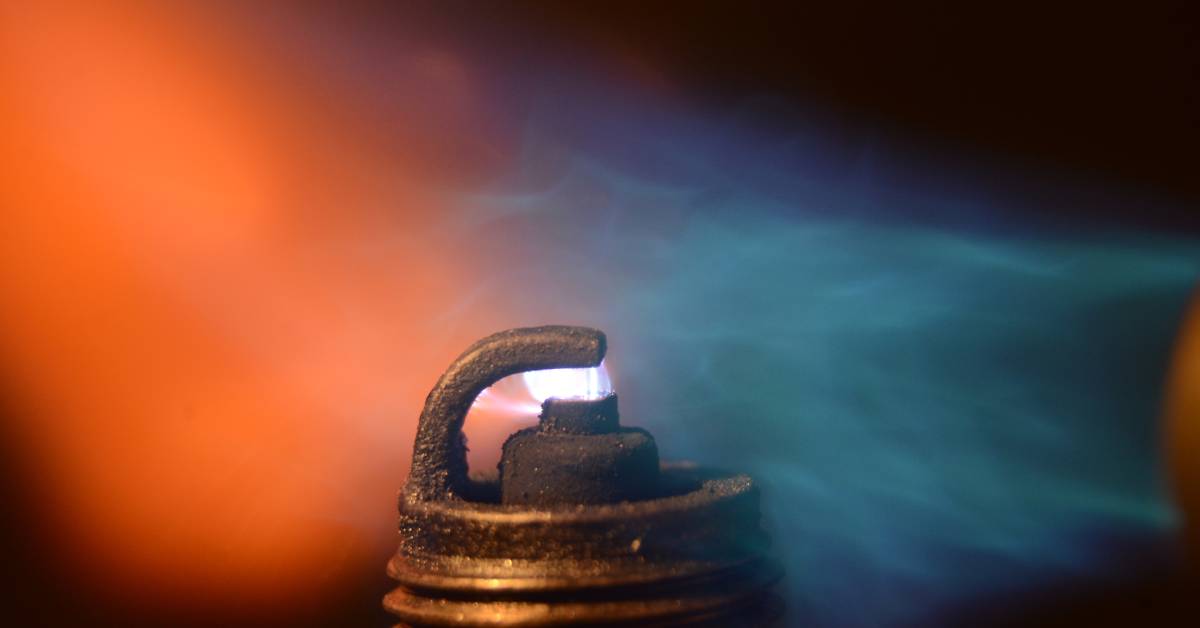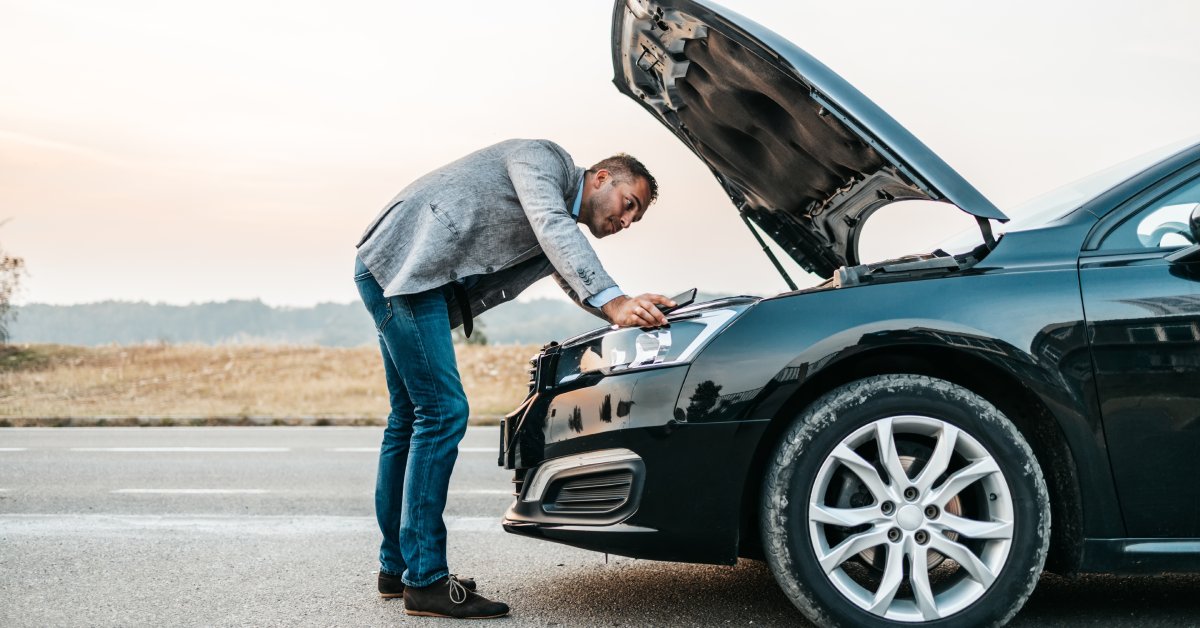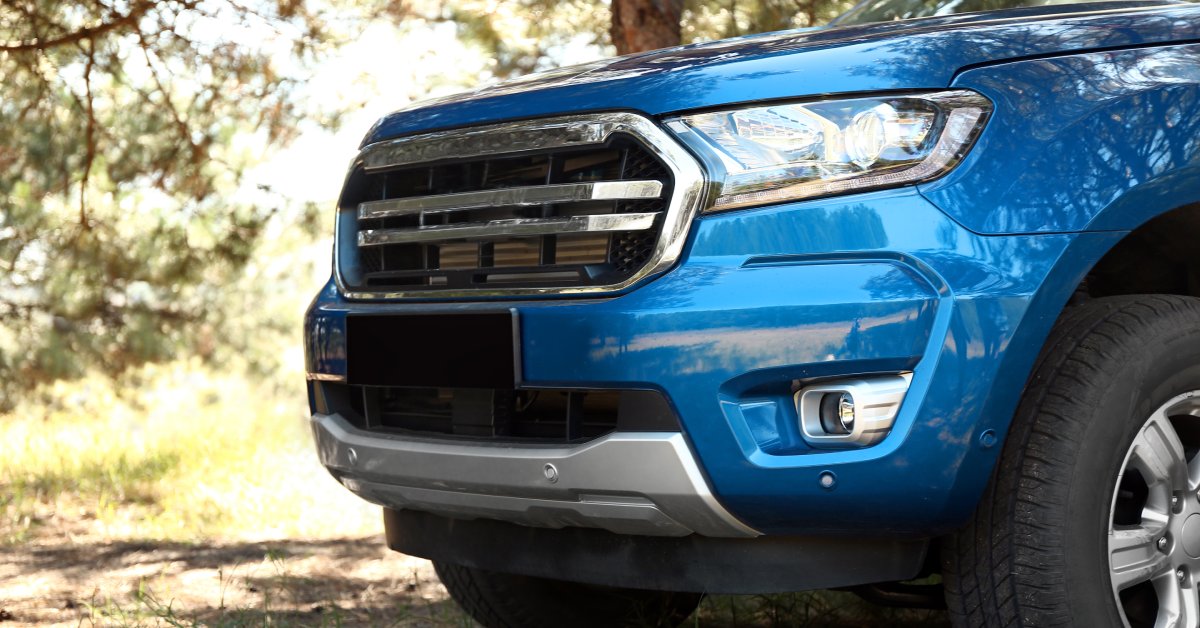
According to data from the Southeast Regional Climate Center, parts of the central and eastern United States experienced one of the coldest late December through early January periods ever recorded. Arctic blasts accounted for wind chills in the double-digit below zero range and even parts of north Florida saw snow flurries. Invariably, when temperatures drop dramatically, automotive failures leave many drivers stranded and waiting in a freezing vehicle for roadside assistance.
It is true that many mechanical failures occur during the winter months, which is why many service centers recommend an overall tune-up during the fall. But, according to an online post by Consumer Reports, cold weather is often mistakenly blamed for damage to your car's battery that was caused during the heat of summer. That's right. Although cold weather puts a strain on your car battery, heat was likely the hidden culprit for internal damage that led to battery failure.
So, what happens when the outside temperature drops below freezing? Well your engine oil is going to become much thicker. This is why car owners in frigid climates should use lighter-weight oil during the winter months. Once the engine oil thickens, it puts an added strain on the battery to turn the engine over. Moreover, using oil with a viscosity that is too heavy for the season may lower your gas mileage and reduce engine life. Additionally, freezing temperatures cause a battery to have less overall strength.
Battery life depends upon several variables that can extend or reduce the life expectancy, which is generally 36 to 60 months. If the climate where the vehicle is driven is very hot or very cold, the life expectancy is reduced. Also, how often and how far you drive impacts charging and discharging. In addition to smartphones, laptops and tablets that may be charging off your car's battery, built-in accessories like anti-theft systems and clocks can also take a toll. Though it may too late this winter, make a note to have your battery checked next summer. One of the main causes of failure is too low of water levels for proper charging.







